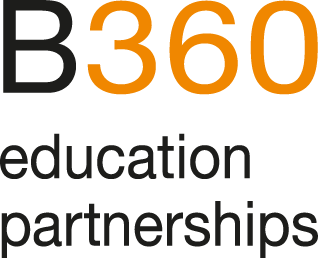Dr. Hansruedi Keller
Senior Executive in Healthcare and Life Sciences
Faculty of Health and Applied Sciences
Namibia University of Science and Technology
March 07 - March 18, 2016
Im Moment nur in Englisch verfügbar.
Piloting a new course
Pioneering a course in management practice at the Namibia University of Science and Technology (NUST) was a true privilege. I had the pleasure to discuss various subjects around management and leadership with a total of 63 third and fourth year students. The objectives of this pilot program at the Faculty of Health and Applied Sciences were to increase management effectiveness, acquire general principles to manage staff and minimize potential management problems. While I could rely on extensive operational and general management experience in Sub-Saharan Africa, I wondered how the students would react to such a new and hands-on course.
High student engagement
Every day we had a total of four hours of class, reviewing a broad array of topics in a highly interactive format. The course program was specifically tailored to the students’ needs and requirements. We discussed for instance strategy, planning and project management, operational effectiveness, governance, basic finance, performance management, leadership styles, talent management, and change management. The mix of lectures, case studies, group work and especially role play worked particularly well. The students engaged actively and very much enjoyed both the interaction with each other and the differentiated teaching format.
Encouraging results
What work especially well, i.e. what the students particularly liked and remembered, were real life stories and case studies illustrating specific concepts in the context of Sub-Saharan Africa. The various role play exercises – students acting in their future roles, e.g. as safety officers or health inspectors – were another highlight of our course. Based on extensive and highly constructive interactions during class, the test results as well as the positive feedback from students and faculty, I feel the students did – within the limits of a class room setting – make substantial progress in their management effectiveness and learnt how to minimize typical pitfalls.
I would like to thank all students, staff and B360 sponsors for their contributions to this success.





